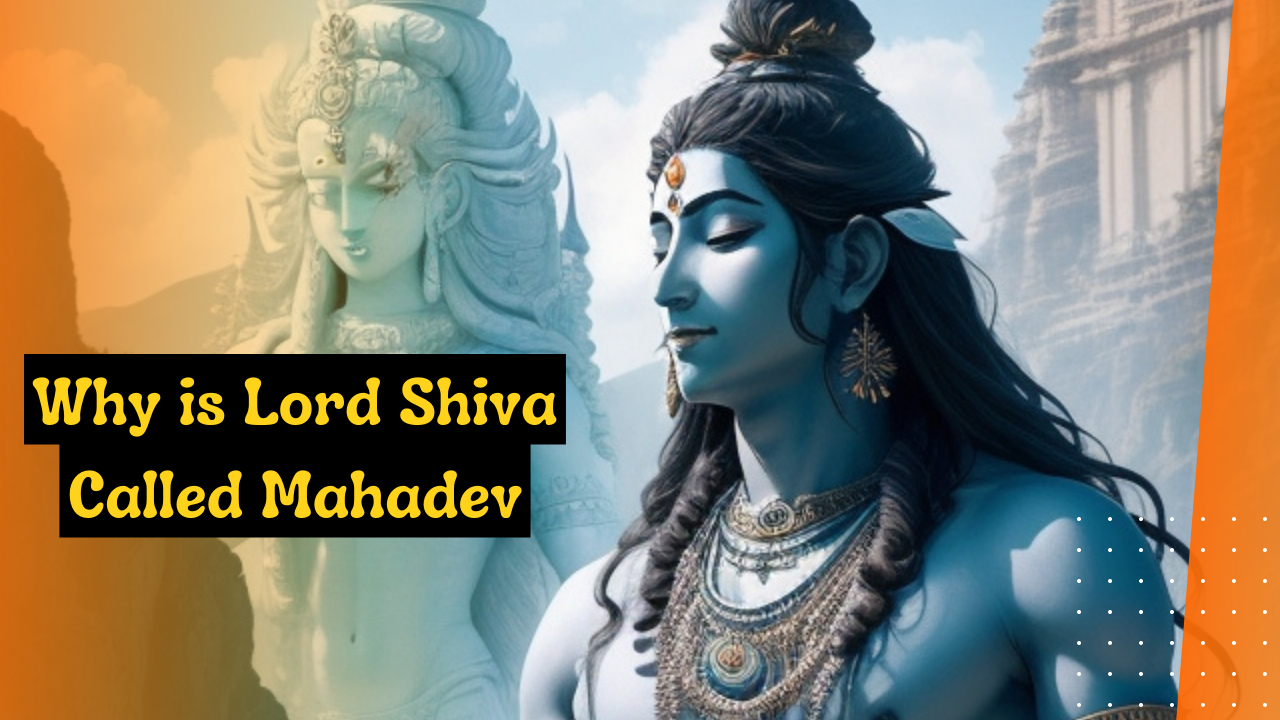In the intricate tapestry of Sanatan Dharma, the worship of numerous deities finds its place. Among these celestial beings, one figure stands out as the embodiment of divine supremacy—Why is Lord Shiva Called Mahadev, the God of Gods?. This prestigious title, a mark of unparalleled reverence, is reserved exclusively for Lord Shiva within the annals of ancient scriptures. The question that naturally arises is: What qualities and attributes elevate Lord Shiva to the exalted position of Mahadev, surpassing even the cosmic creators Brahma and Vishnu?
Why is Lord Shiva called Mahadev, the God of Gods?
Here are some reasons
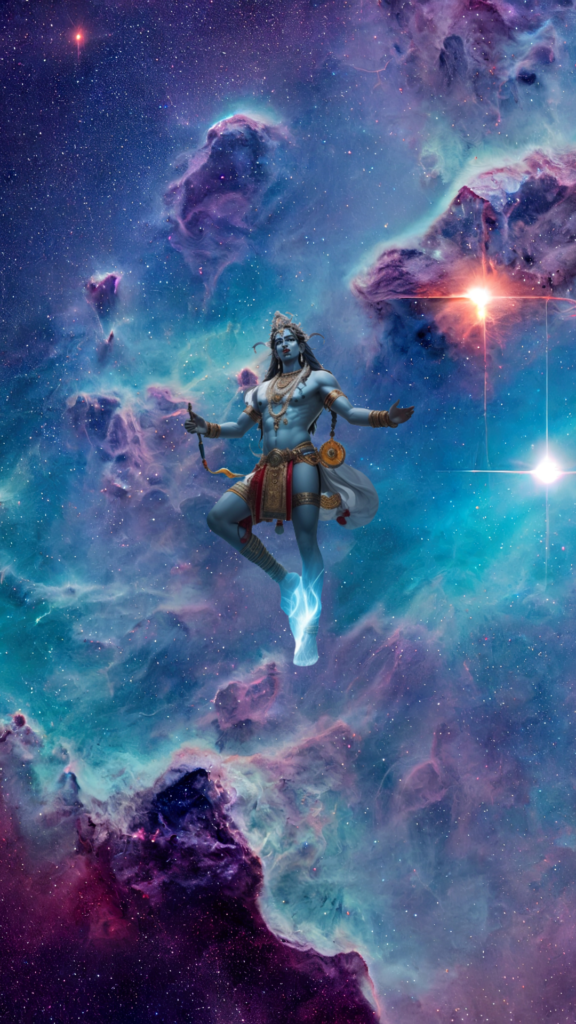
A Timeless Beginning: According to Shiva Purana
Shiva, the epitome of infinity, existed even before the inception of the universe. His presence remains unswayed, transcending time and space, beyond the world’s creation or its eventual demise. Hence, it can be inferred that all existence is an embodiment of Shiva. Hinduism acknowledges the Tridev—Brahma, Vishnu, and Mahesh—as the three primary deities, each a manifestation of the other.
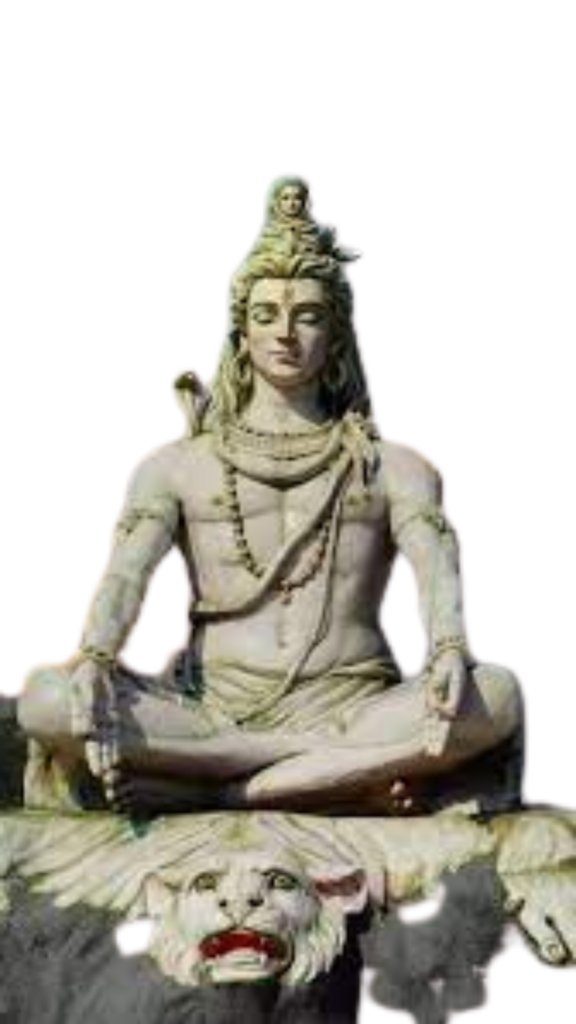
Vedic Insights: Lord Vishnu and Lord Brahma
Legend narrates that Lord Vishnu emanated from Shivji, and subsequently, Brahma emerged from Vishnu’s navel. Acting upon Lord Shiva’s command, Brahma embarked on the creation of the universe, while Vishnu shouldered the responsibility of its preservation.
The Self-Manifested Deity: Swayambhu
Shiva is Swayambhu—an entity born of divine consciousness, untouched by human birth. His existence predates the very act of creation and remains undiminished even beyond the eventuality of cosmic dissolution. His title as ‘Adidev’ marks him as the primal deity in Hindu mythology, embodying a reality that predates all other origins. This inherent self-creation befits his epithet as Swayambhu, a testament to his timeless continuity.
Unveiling Supernatural Powers
Shiva’s status as the god of gods is a consequence of his myriad divine powers. Hindu mythology attributes to Shiva an array of supernatural abilities: the capacity to forge and annihilate universes, command over elements, and the bestowal of blessings upon devotees. He embodies versatility by seamlessly assuming diverse forms and incarnations, altering his nature at will.
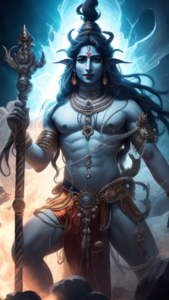
The Dichotomy of Destruction and Transformation
Shiva’s distinction as the Mahadeva in Hinduism owes to various facets. He holds a paramount place in the Hindu pantheon as the Supreme God—the Destroyer and Transformer. Also addressed as Mahadev, Shankar, and Bholenath, Shiva receives veneration in diverse forms and manifestations across India and the world. His role as the agent of destruction and change further solidifies his status.
The Third Eye and Trimbak Representation
Shiva’s iconic third eye signifies transcending conventional senses to perceive the true essence of existence. Spiritual development in India owes much to Lord Shankar, the Adi Yogi, who propelled humanity to surpass its limitations. Shiva’s three eyes symbolize his comprehensive insight—the right eye’s opening symbolizes awareness of reality beyond the material realm.
The Enigma of ‘Adidev’
Adi translates to ‘first’ or ‘earliest’. Lord Shiva bears the epithet Aadi Dev, as he predates all, heralding existence before creation and persisting even beyond dissolution. Shiva embodies beauty and all else exists as his illusion. This material world, driven by maya, functions under his influence. Shiva’s unborn, indestructible, and immortal nature justifies his Aadi Dev status, alongside the Tridev—Brahma, Vishnu, Mahesh—and their consorts—Saraswati, Lakshmi, Bhavani (Parvati).
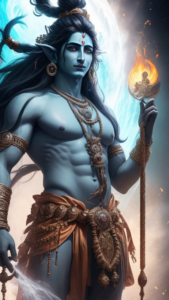
The Origin of All Deities
Shiva‘s acclaim as the god of gods roots in his role as the progenitor of all other deities. Hindu mythology paints Shiva as the universe’s architect, the prime deity, and the ultimate source of all life. He begets other gods and goddesses from his very essence, endowing them with powers and attributes.
The Yogic Connection
Shiva’s association with yoga and meditation reinforces his Mahadev status. He embodies yoga and meditation in Hinduism, standing as the supreme guru and spiritual guide. Shiva is synonymous with moksha—the liberation from the cycle of rebirth—and is believed to grant enlightenment to seekers.
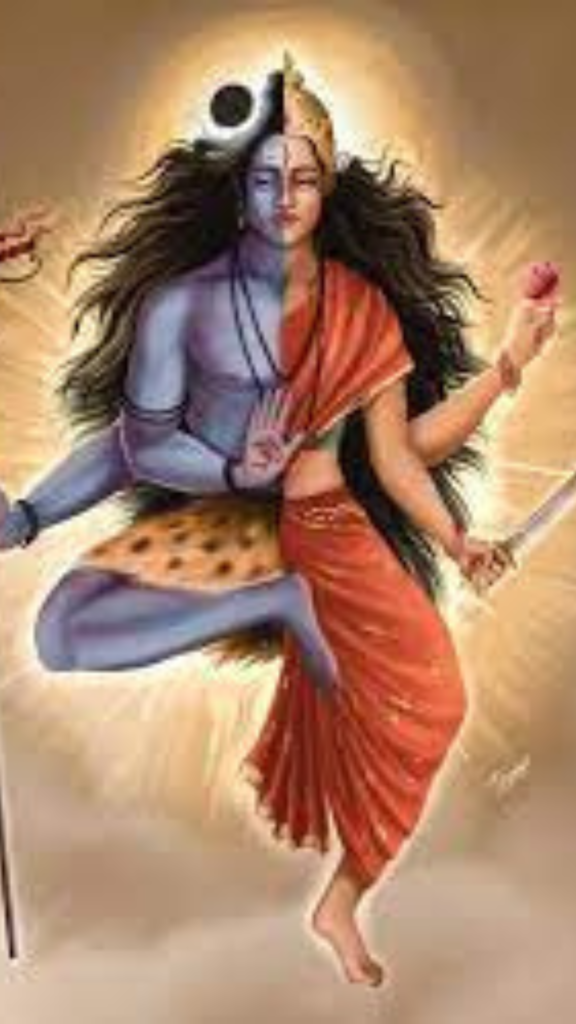
Harmonizing Dualities
Shiva’s unparalleled ability to harmonize dualities, such as good and evil, life and death, and masculinity and femininity, fosters unity within existence. He encapsulates profound unity and synthesis amidst apparent contradictions, exemplifying the intricate dance of existence.
Conclusion
Lord Shiva’s attribution as Mahadev, the God of Gods, stems from a myriad of compelling reasons. From his timeless existence before creation and after destruction to his role as the source of all other deities, Shiva’s presence looms as an embodiment of cosmic power and spiritual insight. His connection with yoga, meditation, and the harmonization of dualities further accentuate his divine stature. By delving into these facets, we gain a profound understanding of “Why is Lord Shiva Called Mahadev, the God of Gods?” in the Hindu pantheon.
Frequently Asked Questions
1. What is the significance of Lord Shiva’s third eye?
Lord Shiva’s third eye is a symbol of transcendent perception. It represents the ability to see beyond the ordinary senses, delving into the deeper truths of existence.
2. Why is Lord Shiva known as ‘Swayambhu’?
Lord Shiva is referred to as ‘Swayambhu’ because he is self-born, arising from divine consciousness rather than conventional human birth.
3. How does Lord Shiva harmonize dualities?
Lord Shiva’s unique ability to harmonize dualities stems from his representation of unity within apparent contradictions, such as good and evil, life and death.
4. What is the significance of Lord Shiva’s role as the progenitor of other deities?
Shiva’s role as the progenitor of other deities underscores his status as the primal source of cosmic creation, conferring upon him a divine and creative essence.
5. How does Lord Shiva’s association with yoga and meditation contribute to his Mahadev status?
Lord Shiva’s embodiment of yoga and meditation signifies his role as the ultimate spiritual guide, leading seekers towards moksha or spiritual liberation.
6.Why is Lord Shiva Called Mahadev, the God of Gods?
From his timeless existence before creation and after destruction to his role as the source of all other deities, Shiva’s presence looms as an embodiment of cosmic power and spiritual insight. His connection with yoga, meditation, and the harmonization of dualities further accentuate his divine stature.
